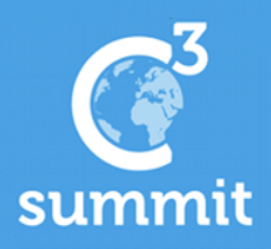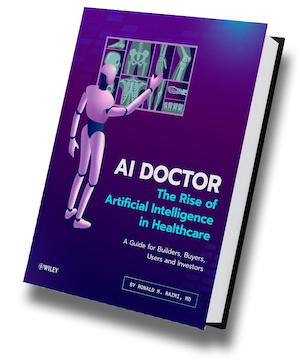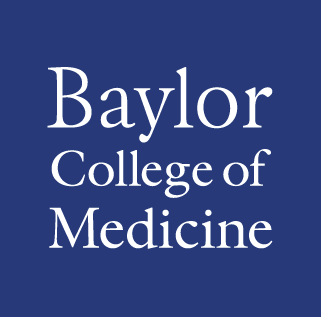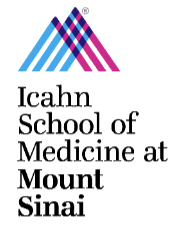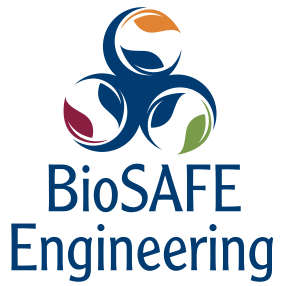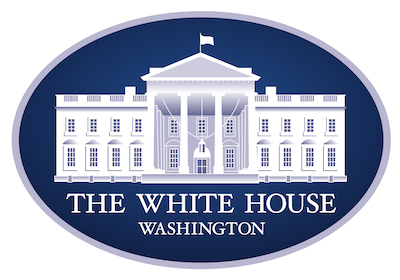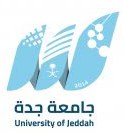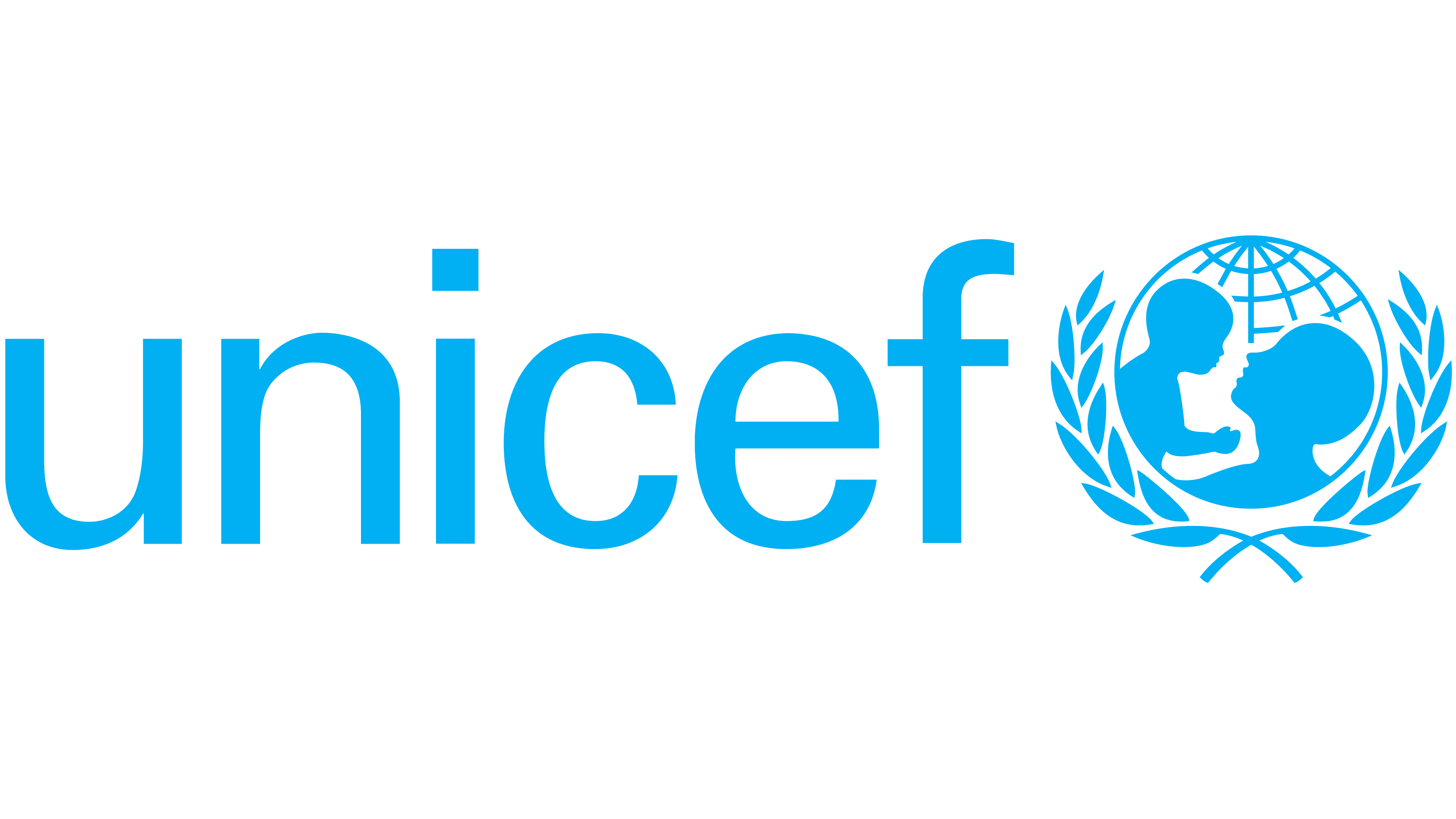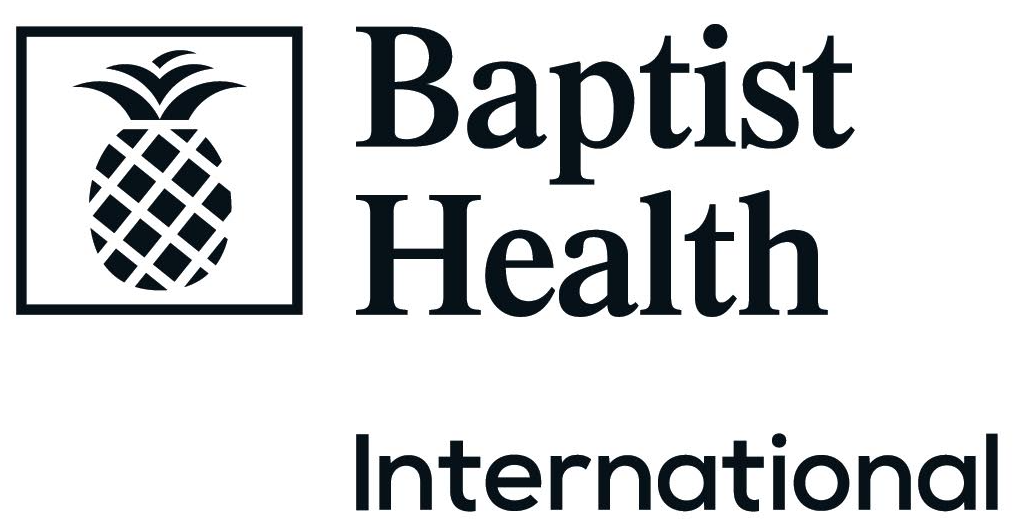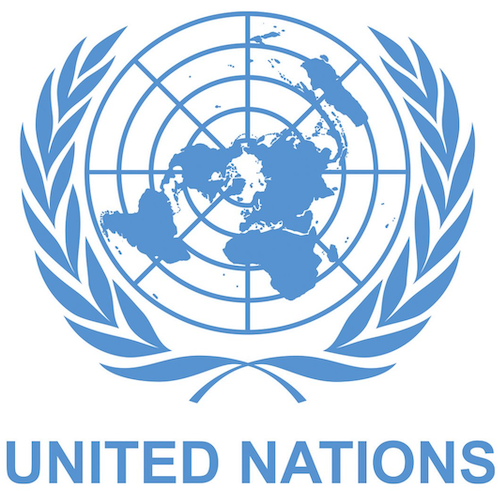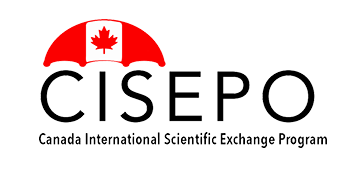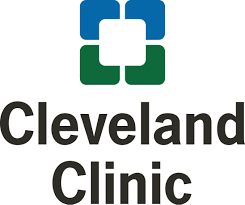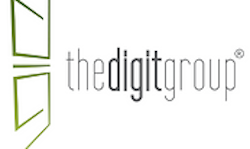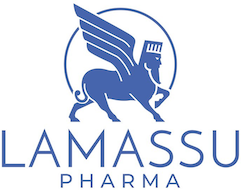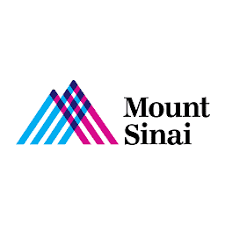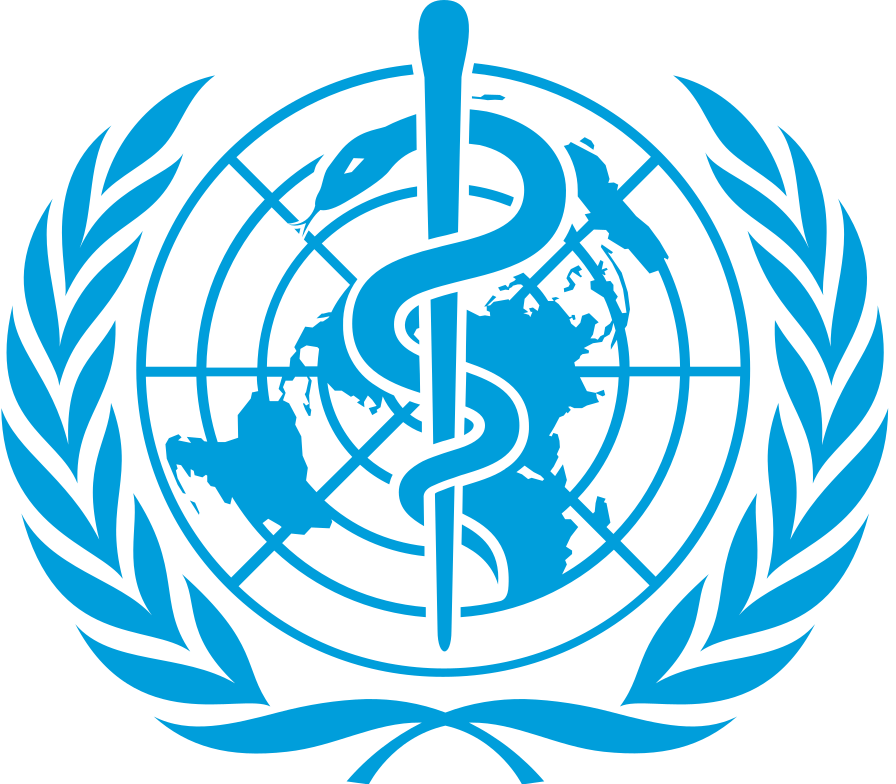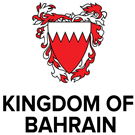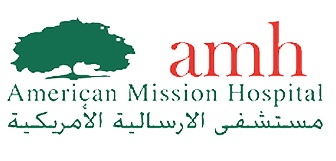It is with great pleasure and a sense of purpose that I extend a warm and heartfelt welcome to all of you to this 12th annual C3 Summit, centered around the theme, "Building a Global Healthcare System with Bilateral Collaboration." Today, we gather here as a diverse community of healthcare professionals, researchers, policymakers, and visionaries, united by a shared commitment to shaping a brighter future for global healthcare.
In an interconnected world, the challenges we face in healthcare know no boundaries. They require innovative solutions that transcend borders and call for a concerted effort from nations across the globe. C3 Summit continues to serves as a platform to foster bilateral collaboration, encouraging dialogue, sharing knowledge, and forging partnerships that will enable us to build a robust and resilient global healthcare system.
As we embark on this collective journey, we recognize that no single entity or nation holds the key to solving the complex issues at hand. It is through collaboration, cooperation, and the exchange of ideas that we can make meaningful progress towards ensuring access to quality healthcare for all, irrespective of geographic location or socioeconomic background.
Throughout the course of this Summit, we will explore various facets of building a global healthcare system. From innovative technologies and research breakthroughs to policy frameworks and best practices, our agenda is rich and diverse, reflecting the multifaceted nature of the challenges we face. We will hear from experts and thought leaders who will share their insights, experiences, and success stories, inspiring us to think boldly and act decisively in pursuit of our shared vision.
So together, let us seize this opportunity to foster meaningful connections, forge lasting partnerships, and lay the groundwork for a future where healthcare knows no boundaries. Together, we have the power to shape a global healthcare system that is equitable, inclusive, and responsive to the needs of every individual, regardless of their geographical location.
On behalf of the organizing committee, I extend my deepest gratitude to all participants for your presence, your expertise, and your unwavering dedication to advancing the cause of global healthcare. May this C3 Summit be a catalyst for transformative change, setting the stage for a brighter, healthier future for all.
Thank you and welcome to the 12th annual C3 Summit on "Building a Global Healthcare System with Bilateral Collaboration."
Childcare is an integral part of a child's development, nurturing their physical, emotional, and cognitive well-being. However, in recent years, there has been a concerning rise in the prevalence of untreated childcare issues, particularly in the areas of autism and mental health. Today, we gather to shed light on this critical topic and explore the far-reaching consequences that arise from the neglect of early intervention and support. Autism, a complex neurodevelopmental disorder, affects millions of children worldwide. Without timely diagnosis and appropriate interventions, the impact on a child's life can be profound. Unaddressed autism can lead to difficulties in communication, social interaction, and behavior, hindering their ability to thrive and reach their full potential. Moreover, the ripple effects extend beyond the individual child, impacting families, communities, and society at large.
By investing in early intervention and comprehensive support systems, we can mitigate the long-term costs and consequences of untreated childcare issues. Not only will this lead to improved outcomes for affected children, but it will also contribute to building a more inclusive and resilient society that values the well-being and potential of all its members. As we convene to discuss these critical matters, let us foster a spirit of collaboration, knowledge sharing, and advocacy. Together, we can make a difference in the lives of children, families, and communities, ensuring that no child is left behind and that every child receives the support they need to thrive in a nurturing and inclusive environment.
Exciting breakthroughs are emerging in the search for new agents to combat obesity and diabetes, offering hope for improved treatment and prevention strategies. In the realm of obesity, researchers are exploring innovative pharmacological approaches that target appetite regulation, metabolism, and fat storage. These agents show promising results in clinical trials, with the potential to assist individuals in achieving sustainable weight loss. Additionally, there is growing recognition of the importance of personalized medicine, focusing on genetic and molecular factors that contribute to obesity. By identifying specific targets and developing tailored interventions, scientists aim to provide more effective and targeted treatments for individuals struggling with obesity.
In the field of diabetes management, novel agents are being developed to address key underlying mechanisms of the disease. These include medications that target inflammation, oxidative stress, and insulin resistance. By tackling these factors, researchers aim to improve glucose control, enhance insulin sensitivity, and preserve pancreatic function. Furthermore, advancements in technology are revolutionizing diabetes care, with the introduction of smart insulin pumps, implantable devices, and continuous glucose monitoring systems. These innovative tools offer individuals with diabetes greater convenience, accuracy, and control over their disease management, ultimately leading to improved outcomes and a better quality of life.
While these new promising agents offer tremendous potential, it is crucial to conduct further research and rigorous clinical trials to ensure their efficacy, safety, and long-term benefits. Collaborative efforts among scientists, healthcare professionals, and policymakers are essential to accelerate the development and adoption of these interventions. By harnessing the power of innovation and multidisciplinary approaches, we can pave the way for a future where obesity and diabetes are effectively managed and prevented, improving the overall health and well-being of individuals worldwide.
Climate change poses a significant threat to global health, with its impact on water and food systems serving as the Achilles heel of public health efforts. As temperatures rise and extreme weather events become more frequent, access to clean water becomes increasingly compromised. Droughts, floods, and rising sea levels disrupt water sources, leading to scarcity, contamination, and the spread of waterborne diseases. This not only affects basic hygiene and sanitation but also hampers agricultural productivity, further exacerbating food insecurity and malnutrition. Addressing the interplay between climate change, water availability, and food security is crucial for safeguarding public health and building resilience in vulnerable communities.
The consequences of climate change on global health extend beyond water and food. Rising temperatures contribute to the spread of vector-borne diseases, such as malaria and dengue fever, as the geographical range of disease-carrying mosquitoes expands. Additionally, extreme heat events pose a direct threat to human health, leading to heat-related illnesses and exacerbating pre-existing conditions. Furthermore, climate change impacts ecosystems, disrupting natural habitats and altering disease patterns. For instance, deforestation and habitat destruction can lead to increased human-wildlife interaction, potentially resulting in the transmission of zoonotic diseases. Mitigating the health risks associated with climate change requires a comprehensive approach that encompasses mitigation strategies, adaptation measures, and international cooperation to reduce greenhouse gas emissions, improve infrastructure, enhance surveillance systems, and promote sustainable practices in water and food systems.
Addressing the intertwined challenges of climate change, water availability, and food security is paramount to safeguarding global health. This requires a collaborative effort from governments, international organizations, healthcare professionals, researchers, and communities. Mitigation efforts should focus on reducing greenhouse gas emissions, transitioning to renewable energy sources, and adopting sustainable agricultural practices. Adaptation strategies must include improving water management systems, promoting water conservation, and enhancing agricultural resilience. Moreover, investments in research and surveillance are essential to monitor disease patterns, predict outbreaks, and inform evidence-based interventions.
Commemorating 9/11 is a solemn reminder of the tragic events that unfolded in this very city 23 years ago. For some a lifetime in healing, for others a lifetime of hurting. From either impact, it serves as a reminder to honor the lives lost and pay tribute to the resilience and unity that emerged from the aftermath. As we reflect on this day, we can also draw important lessons that shape our future, particularly in the realm of healthcare.
The healthcare sector has undergone significant transformations since 9/11, with a heightened focus on emergency preparedness, disaster response, and public health security. By commemorating 9/11, the global community can renew a united commitment to bolstering healthcare systems, strengthening emergency response capabilities, and investing in cutting-edge research and innovation to ensure that society is better equipped to handle future health crises.
Shaping the future through healthcare involves recognizing the profound impact that accessible, equitable, and quality healthcare can have on societies worldwide. By investing in healthcare infrastructure, research, and technology, the goal of achieving universal healthcare coverage, improving health outcomes, and addressing disparities in healthcare access becomes possible. Moreover, integrating global security considerations into healthcare planning and policies can enhance the resilience needed to thwart emerging threats, such as pandemics, bioterrorism, and cyber attacks. By promoting cooperation, information sharing, and capacity-building in healthcare security, we can forge a safer and healthier future for all, drawing upon the lessons learned from tragic events like 9/11. Through these endeavors, healthcare remains at the forefront of shaping a prosperous and secure future for individuals and communities worldwide.
"Smart" medical cities represent a promising future for new and improved healthcare facilities. These cities leverage advanced technologies, data-driven systems, and interconnected infrastructure to create an ecosystem that enhances healthcare delivery and improves patient outcomes. With the integration of digital health technologies, telemedicine, Internet of Things (IoT) devices, and artificial intelligence (AI), smart medical cities have the potential to revolutionize healthcare by providing efficient, patient-centered, and personalized care.
In smart medical cities, healthcare facilities are designed to be interconnected, allowing seamless flow of information between different healthcare providers and systems. Electronic health records (EHRs) can be accessed securely and shared across various medical facilities, ensuring continuity of care and reducing medical errors. Real-time monitoring and analysis of patient data through wearable devices and sensors enable early detection of health issues, facilitating preventive interventions. Furthermore, AI-powered algorithms can assist in diagnosing and predicting diseases, optimizing treatment plans, and managing healthcare resources effectively. By incorporating these technological advancements, smart medical cities have the potential to improve healthcare accessibility, efficiency, and quality, ultimately leading to better health outcomes for individuals and communities.
AI and blockchain technologies are revolutionizing the landscape of healthcare, paving the way for a transformative global future. The integration of artificial intelligence in healthcare has unleashed unprecedented opportunities for improved diagnosis, treatment, and patient care. AI-powered algorithms can analyze vast amounts of medical data, detecting patterns and trends that were previously difficult to identify. This enables healthcare providers to make more accurate and timely diagnoses, leading to better treatment outcomes and personalized medicine. Moreover, AI-driven chatbots and virtual assistants are enhancing patient experiences by providing 24/7 support, answering queries, and offering valuable health advice.
In parallel, blockchain technology is reshaping healthcare by addressing critical issues of data security, interoperability, and patient privacy. Blockchain's decentralized and immutable nature ensures the integrity and confidentiality of medical records, mitigating the risks of data breaches and unauthorized access. By securely storing patient information and enabling seamless data sharing across healthcare systems, blockchain enhances collaboration and improves continuity of care. Additionally, blockchain-based smart contracts facilitate transparent and efficient healthcare transactions, eliminating intermediaries and reducing administrative costs. The convergence of AI and blockchain is revolutionizing the healthcare industry, empowering stakeholders to navigate a global future characterized by improved healthcare outcomes, streamlined processes, and enhanced patient-centric care.
As we move forward, let us remain committed to leveraging what we learned today regarding these advancements and mutual collaborations. By working together, from "bench to bedside," we can create a future where healthcare is not only accessible and equitable for all, but also resilient to global challenges. More importantly, prioritizing healthcare security, investing in innovation, and fostering international cooperation, will shape a global healthcare future that is brighter and healthier for all mankind.
Thank you once again for your participation, and I wish you continued success in your endeavors to advance healthcare security and global well-being.
According to data from the World Health Organization, conflict has been identified as a significant factor elevating mortality rates, especially in vulnerable populations such as women and children. Annual estimates indicate that conflict-related factors might contribute to over 4 million deaths. For the age group 5–29, disruptions in societal structures and limited conflict mitigation are key determinants of mortality. Various international diplomatic and conflict-resolution strategies have been employed to achieve global peace and stability. Yet, the continued prevalence of widespread conflicts highlights the urgent need for a more evidence-based, systematic approach to peacekeeping.
Regions affected by instability show marked detriments in population health. This is evidenced by increased rates of mental health disorders, inclusive of substance use disorders, and a surge in infectious disease and non-communicable diseases such as cardiovascular disease, diabetes, and cancer. Conflict-affected areas also contend with socio-economic challenges characterized by rising poverty and extensive societal unrest.
In this session, we focus on the nexus of health and peace. Panel experts will discuss evidence-based health strategies optimized for global health delivery and peacebuilding. The objective of our dialogue is to explore strategies for enhancing health outcomes for the world's most underserved populations, buttressing global security, and promoting inclusive economic and sustainable development for long-term peacebuilding and post-conflict reconciliation.
Whether an emerging nation-state space program, quasi-governmental space cooperation foundation, commercial space company with human flight or R&D missions, public health and agriculture/food/nutrition institution, or patient/provider-safety advocate, every organizational leader now can look to Space for opportunities and breakthroughs in science, commerce, and well-being. More populations of all ages, demographics, and genomes will have an opportunity to travel to Space - not just traditional governments sending finely tuned astronauts into Space - so broader populations on Earth can benefit from research data and spinoff technologies.
The constraints of space travel and resource limitations of potential colonization of The Moon and beyond prompt the urgency to explore and refine techniques for delivering care, nutritional support, remote diagnosis/treatment, and designing systems to identify syndromes related to aging, radiation exposure, cardiovascular, brain & mental health, and various chronic conditions, with accelerated results. Human adaptation to changing climate and environmental challenges can be previewed through the space lens - with longitudinal data studies based upon decades of collected research findings from legacy human space flight programs, combined with future space mission scopes.
Reducing, reusing, and recycling space waste - including recapture and treatment of toxins & infectious materials to prevent cross-contamination - is the future vision, rather than burdening the universe with more “space junk.” Scientific breakthroughs on Earth and in Space can create a virtuous cycle - and commercial opportunities - as populations across this planet benefit.
Please come explore the possibilities with us, in a roundtable format, bringing your best examples and thinking of how these principles might apply to your organization's goals in agriculture, food, nutrition, and health - and the institutions that contribute to these ends.
Suggested reading - supporting the premise:
https://www.aspenideas.org/articles/is-space-the-next-frontier-of-health-research
https://www.devex.com/news/how-nations-can-harness-the-power-of-space-to-improve-life-on-earth-105427
https://www.spacehealththemovie.com/ [documentary video for easy viewing]
https://www.state.gov/launch-of-the-bureau-of-global-health-security-and-diplomacy/
In treating Cancer, we are in the midst of extraordinarily rapid changes. New approaches, and improved rates of success, are providing new opportunities for patients, providers, payors, corporations, public policy decision makers and investors.
In years past, conditions such as pancreatic cancer and many others were essentially untreatable beyond providing patient comfort. At this time, we are now witnessing a revolution in cancer care from therapeutic options. Many of these options are based upon application of new technologies and revving of the patient’s own immune system to combat disease. This is a unique snapshot in time where we will continue to see rapid advances in care and robust researcher/corporate/investor opportunities.
Dr. Galed Hakim, Assistant Vice President of International Healthcare Partnerships and Insurance Development for Baptist Health International, will introduce the approach taken by Baptist Health in global health. Dr. Mark A. Davis, Chief Operating Officer at Baptist Health Miami Cancer Institute, will moderate presentations and discussions with Dr. Michael Chuong, Medical Director of Radiation Oncology at Baptist Health Miami Cancer Institute. You will also hear as well from Dr. Abou-Alfa Ghassan, C3 Summit Co-Chair, and Attending Memorial Sloan Kettering Cancer Center; regarding just recently published new therapies and future directions in cancer care.
So this panel is not just about WHY YOU need to care but, just as important, WHAT YOU need to know! We all are looking forward to sharing the hour with everyone.
Artificial Intelligence (AI) is the technology of our time. In the last decade, astounding progress has been made in applied AI in all sectors of the economy.
Most recently, the launch of ChatGPT has captured the imagination of everyone and the number of use cases have expanded rapidly. Healthcare promises to be a fertile ground for this technology. Given the exploding amounts of data used in healthcare, including genomics, remote monitoring, and sociobehavioral data, AI will not be a luxury. AI will be the foundational technology that will uncover key insights in all of this data and allow us to make rapid progress in finding new treatments and making sure those can be delivered at scale. The range of use cases include drug discovery, population health management, clinical workflow optimization, diagnostics, therapeutics, decision support, and more.
Although AI holds immense promise in healthcare, its adoption will happen in waves. Those waves will be based on the types of use cases that require urgent solutions, availability of the required data, payer reimbursement, workflow issues, and more. Public and private investors will need to carefully analyze these issues for the types of AI solutions they are considering. Billions of dollars have been invested in health AI companies that have not been able to gain traction. Ensuring that capital flows into the companies that are solving the types of issues that have ready-to-adopt use cases will be critical to create momentum. How can entrepreneurs and investors identify these use cases? What is the best way to accelerate success for the exciting new AI innovations that will improve the health of the world population? We will examine these issues in this session.
Cancer is a global public health problem. It is a leading cause of death worldwide, accounting for 10 million deaths in 2020. Among Arabs, cancer is growing at an alarming rate. The Gulf states and the Eastern Mediterranean region countries show a disturbing rise in the number of cancer patients, yet under half of these countries implement programs to control cancer. Additionally, few studies are in place in the region to inform cancer prevention and care.
Increased cancer rates are largely attributed to lifestyle risk factors including smoking, less physical activity, unhealthy foods, alcohol consumption, and the increased prevalence of obesity. 10-30% of cancers are due to genetic factors; cancer-promoting mutations, such as BRCA1, are becoming more common.
The main obstacles to tackling rising cancer rates in the Middle East are 1) lack of accurate and well-defined data 2) inadequate public health policies, 3) political instability 4) lack of public awareness and informed healthcare communities of the risks involving first cousin (consanguineous) marriages.
Opportunities for medical innovation, knowledge transfer and international cooperation are key to improving outcomes where access to quality healthcare remains a challenge. This panel will help delineate the major opportunities and constraints affecting cancer care in the Middle East. The panel will highlight the role of innovation in improving outcomes in the region.
Building a Global Healthcare System with Bilateral Collaboration
Subject to change.
September 11, 2023
DAY 1
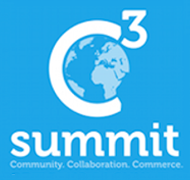
Library, Second Floor
Registration & Continental Breakfast
Third Floor Mezzanine
Roundtable Discussion
(By Invitation Only)
The Social, Cultural and Societal Barriers to Fighting Cancer in the Middle
East: The Imperative Role of Medical Innovation for Improving Outcomes

(click icons  to view abstracts)
to view abstracts)
Panelists:
- Dr. Mona S. Jhaveri, Founder & Director of Music Beats Cancer, USA, (Moderator)
- Dr. Ghassan K. Abou-Alfa, Attending Physician, Memorial Sloan-Kettering Cancer Center, USA
- Dr. Jeff Geschwind, Director of Oncology, USA Vein Clinics, USA
- Mr. Mike Blue, President & CEO, HistoSonics, Inc., USA
Third Floor Mezzanine
Roundtable Discussion
(By Invitation Only)
The Rise of Artificial Intelligence in Healthcare

Speakers:
- Dr. Ronald M. Razmi, Managing Director, Zoi Capital, USA
Third Floor Mezzanine
Roundtable Discussion
(By Invitation Only)
Ongoing Lessons from Space Medicine: Health, Nutrition, and Safety in Austere
Environments.
How Commercial & Nationally-funded Space Missions help Under-Served Populations
Across Planet Earth via public-private partnerships, open innovation and
data-sharing platforms.

Moderator: Mr. Robert J. Castro, Founder, Bob Castro Strategies; Advisory Board, The World Innovation Network, "The Nourish Movement,” USA
Speakers:
- Dr. David A. Goukassian, MD, PhD, Professor (Tenured) Medicine, Cardiology, Cardiovascular Research Institute, Icahn School of Medicine, Mount Sinai Hospital, USA
Lincoln Hall, Second Floor
Welcoming Remarks

Speakers:
- Mr. Ransel Potter, Founder & Managing Partner, C3 Summit International, Ltd, USA
- Dr. Ghassan Abou-Alfa, MD, Att., C3 Summit Co-Chair, Memorial Sloan Kettering, Professor at Weill Cornell, USA
- Mr. Dilip Chauhan, Deputy Commissioner, Trade, Investment & Innovation, NYC Mayor's Office for International Affairs, USA
Lincoln Hall, Second Floor
Opening Plenary:
Rise & Cost of Untreated
Childcare: Autism & Mental Health
Moderator: Mr. John Payne, Chairman & CEO, PURELIFE Health Sciences Group, LLC, USA
Speakers:
- Dr. Aftab Ahmed, Vice President & Chief Science Officer, PureLife Health Sciences Group, USA
Lincoln Hall, Second Floor
The Achilles Heel of Global
Health: Climate Change, Water and Food
Moderator: Mr. Robert J. Castro, Founder, Bob Castro Strategies; Advisory Board, The World Innovation Network, "The Nourish Movement,” USA
Speakers:
- Mr. Phillip Mervis, Chairman & CEO, BioSAFE Engineering, USA
- Ambassador Dr. Deborah Birx, White House Coronavirus Task Force 2020-2021 (Ret.), USA
- Ms. Lindsay Denny, Environmental Health Consultant, UNICEF-HQ, USA
- Dr. Abdalelah S. Saaty, Dean, College of Business, King Abdulaziz University, Kingdom of Saudi Arabia
- Ms. Karen Avakian, Global Consultant, USA
Lincoln Hall, Second Floor
Keynote Panel:
The Rapid
Change in Cancer Care: What YOU Need to Know & WHY YOU Need to Care
Introduction: Galed Hakim, M.D., MBA, DHSc,
Assistant Vice President of International Healthcare Partnerships and Insurance
Development, Baptist Health International, USA
Topic: Health System Commitment to Cancer Care: Baptist Health Global
Programs
Featured Moderator: Mark A. Davis, M.D., M.S., Chief Operating Officer, Baptist Health Miami Cancer Institute, USA Topic: New Opportunities for Patients, Providers, and Investors
Featured Speaker: Michael Chuong, M.D., Medical
Director of Radiation Oncology, Baptist Health Miami Cancer Institute, USA
Topic: MRI-Guided Radiation Therapy for Inoperable Pancreas Cancer: Remarkable
Progress Changing the Standard of Care
Featured Speaker: Dr. Ghassan Abou-Alfa, MD, MBA,
C3 Summit Co-Chair, Memorial Sloan Kettering, Professor at Weill Cornell, USA
Topic: Rapid Advancements on Cancer Care Therapeutics: The Impact on
Immunotherapies

Main Dining Hall, Third Floor
Luncheon Benediction
- Rev. Timothy J. Mercaldo, Founder & Executive Director, WorshipPlus.Org

Main Dining Hall, Third Floor
Luncheon and Networking
Lincoln Hall, Second Floor
Keynote Interview
Commemorating 9/11 and Shaping
the Future Through Healthcare
Speaker:
- General David H. Petraeus, US Army (Ret.), Partner, KKR & Chairman, KKR Global Institute, USA
Interviewer:
- Ms. Melike Ayan, Global Business & Financial Reporter, Bloomberg Television, US, UK, Hong Kong
Lincoln Hall, Second Floor
Women, Children, Conflict In
the Middle East: A Global State of Emergency
Moderator: Ambassador Dr. Deborah Birx, White House Coronavirus Task Force 2020-2021 (Ret.), USA
Speakers:
- Ambassador Gina Abercrombie-Winstanley, President, Middle East Policy Council, USA
- Ms. Judith Barnett, Esq., President, The Barnet Group, USA
- Dr. Sara Brittany Somerset, UN & Cannabis Correspondent, United Nations Headquarters, USA
- Dr. Shawna Novak, MD, MA, MMSc-GHD, Executive Director, The Canada International Scientific Exchange Program (CISEPO), Canada
Lincoln Hall, Second Floor
"Smart" Medical Cities: The
Future for New/Improved Healthcare Facilities?
Moderator: Dr. Maan Fares, Chairman, Global Patient Services, The Cleveland Clinic, USA
Speakers:
- Mr. Mick Merritt, COO, Penn Signature Services, Penn Medicine, USA
- Dr. Ghassan Abou-Alfa, MD, Att, C3 Summit Co-Chair, Memorial Sloan Kettering, Professor at Weill Cornell, USA
- Dr. Maliha Hashmi, Prominent Health Leader, One of Top Seven Female Health Leaders, MENA Region, Kingdom Of Saudi Arabia
- Mr. Paul Doherty, AIA, IFMA Fellow, DFC Senior Fellow, Chairman & CEO, The Digit Group, USA
- Dr. Caroline Chung, MD, MSc., FRCPC, CIP,
Department of Radiation Oncology, Division of Radiation Oncology;
Chief Data Officer,
MD Anderson,
USA
Lincoln Hall, Second Floor
AI & Blockchain: The Changing
Landscape of Healthcare's Global Future
Moderator: Mr. John Walker, CEO Holo Sail Technologies, USA
Speakers:
- Dr. James D. Thomas, MD, FAAC, FASE, FESC; Cardiology, Imaging & Valvular Heart Disease, Northwestern Medical, USA
- Amy Forsythe, Veteran Marine, Award-winning Military Journalist, Author, "Heroes Live Here", A Tribute to Camp Pendleton Marines Since 9/11
- Dr. Gabi Hanna, MD, CEO & Co-Founder, Lamassu Pharma, LLC; Executive Director, Duke Preclinical Translational Research Center; Associate Director, Duke Cancer Institute, Surgical Facility; VP, American Remote Health, USA
- Dr. Thomas J. Fuchs, Dean for Artificial Intelligence and Human Health, Co-Director of the Hasso Plattner Institute for Digital Health, Professor of Pathology, Molecular and Cell Based Medicine, Icahn School of Medicine, Mount Sinai, USA
- Mr. Murat Seitnepesov, President, Greater Caspian Association, Frequent Speaker at World Economic Forum, Switzerland
- Mr. Randall Funke, Chief Technology Officer, Holo Sail Technologies, USA
Lincoln Hall, Second Floor
Closing Remarks
Speakers:
- Mr. Ransel Potter, Founder & Managing Partner, C3 Summit International, Ltd, USA
- Dr. Ghassan Abou-Alfa, MD, Att, C3 Summit Co-Chair, Memorial Sloan Kettering, Professor at Weill Cornell, USA
- Mr. Dilip Chauhan, Deputy Commissioner, Trade, Investment & Innovation, NYC Mayor's Office for International Affairs, USA
- Mr. Kunio Hara, Founder, Ho-Me-Ku Education (Praise & Rise), Japan
Main Dining Hall, Third Floor
Closing Reception & Silent Auction Hosted by: MUSIC BEATS CANCER
